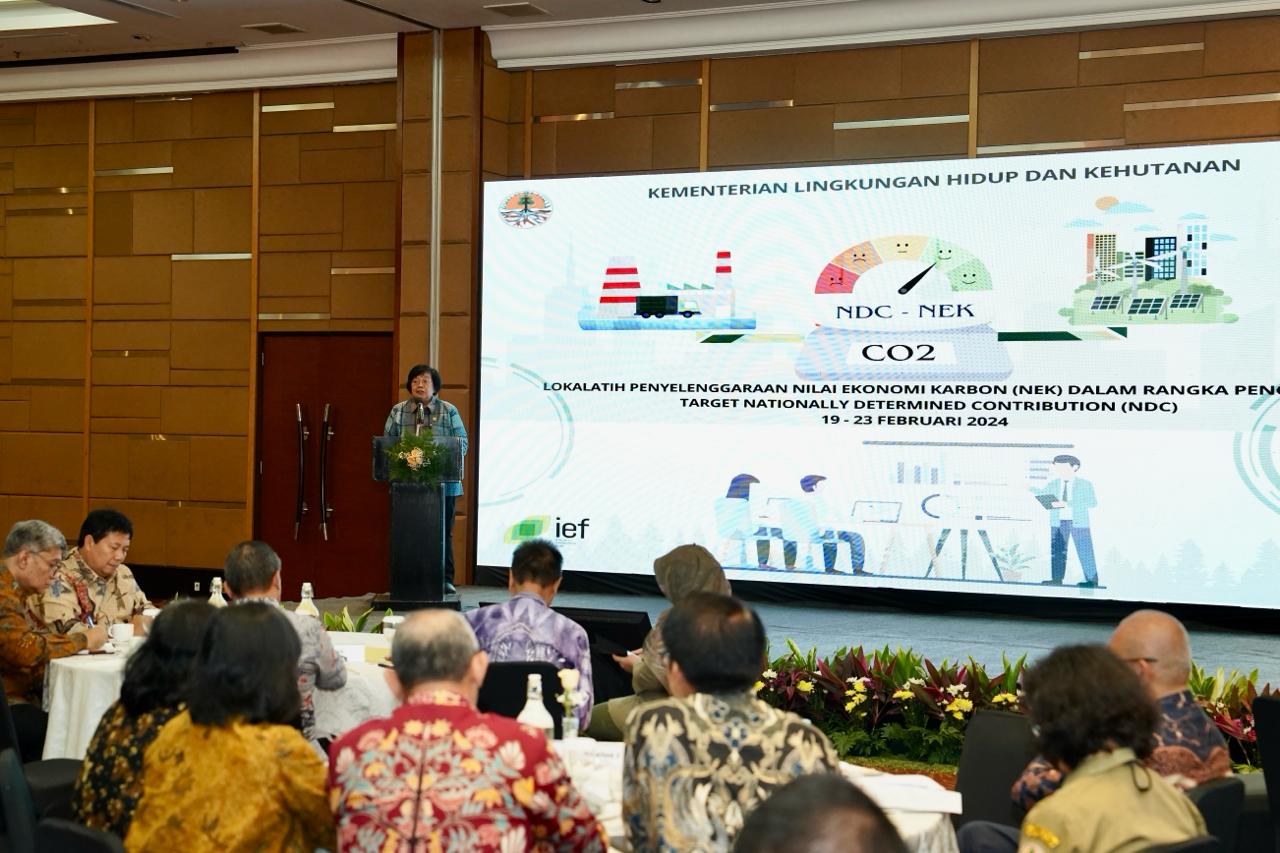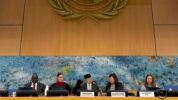OJK Highlights Indonesia’s Carbon Exchange as a Model for Effective Climate Action
JAKARTA, RAKYAT NEWS – Indonesia’s commitment to reducing greenhouse gas emissions has seen a significant boost through its Enhanced Nationally Determined Contributions (ENDC).
The country’s original target to cut emissions by 29% has been raised to 31.89% under ENDC, with the goal increasing from 41% to 43.20% with international support. This adjustment reflects recent national climate policies, including the FOLU Net-Sink 2030, accelerated electric vehicle adoption, B40 biofuel policy, and enhanced waste management and agricultural sector actions.
Under Presidential Regulation No. 98/2021, Indonesia’s carbon market operations aim to support NDC targets and emission control. The regulation encompasses four mechanisms: Carbon Trading, Performance-Based Payments, Carbon Levies, and other evolving methods. This framework incentivizes NDC achievement by supporting activities such as forest fire control, deforestation prevention, and renewable energy transitions.
The carbon market framework is designed for both domestic and international markets. Domestic carbon trades contribute to Indonesia’s emissions reduction goals, while the market opens opportunities for broader international funding. NEK (Nationally Determined Contribution) aligns with Indonesia’s natural resource management philosophy as outlined in the 1945 Constitution.
Historically, carbon trading was governed by the Clean Development Mechanism (CDM) and Joint Credit Mechanism (JCM) under the Kyoto Protocol, as well as voluntary carbon mechanisms (VCM) that operate independently of national records. However, under the Paris Agreement, Indonesia has committed to regulations excluding VCM, as outlined in Presidential Regulation No. 98/2021 and Ministerial Regulation No. 21/2022.
Dr. Wahyu Marjaka, Director of Sectoral and Regional Resource Mobilization at KLHK, emphasized that some forestry concession holders engaging in private crediting schemes not aligned with Indonesian regulations have faced government actions.
The Financial Services Authority (OJK) has lauded Indonesia’s carbon exchange, noting it as the leading exchange in Asia. “The launch of our carbon exchange has seen substantial transaction volumes, reflecting the urgency and effectiveness of addressing climate change,” said Aldy Erfanda, Director of Carbon Exchange Supervision at OJK.
Indonesia initiated its carbon credit trading on September 26, 2023, marking a historic step in financing emissions reductions and participating in the global carbon market. The exchange, managed by the Indonesia Stock Exchange (IDX), received its operational license from OJK on September 18, 2023.
Aldy Erfanda praised the complexity of Indonesia’s carbon trading system, which includes cap-and-trade and carbon tax mechanisms. This contrasts with simpler systems in other countries. The complexity of Indonesia’s approach aims to ensure credibility and transparency, although it has faced challenges.
Looking ahead, Aldy announced plans for a pilot project on international carbon trading, with coordination among regulators and relevant ministries. Despite initial skepticism, Indonesia aims to launch international carbon trading in 2024, supported by comprehensive regulations and international interest.
Indonesia’s rich forest resources and commitment to significant global emission reductions continue to attract international attention. The country’s rigorous regulatory framework and efforts to integrate diverse sectors underscore its dedication to a robust and credible carbon trading system. ( Uki Ruknuddin)



























Tinggalkan Balasan